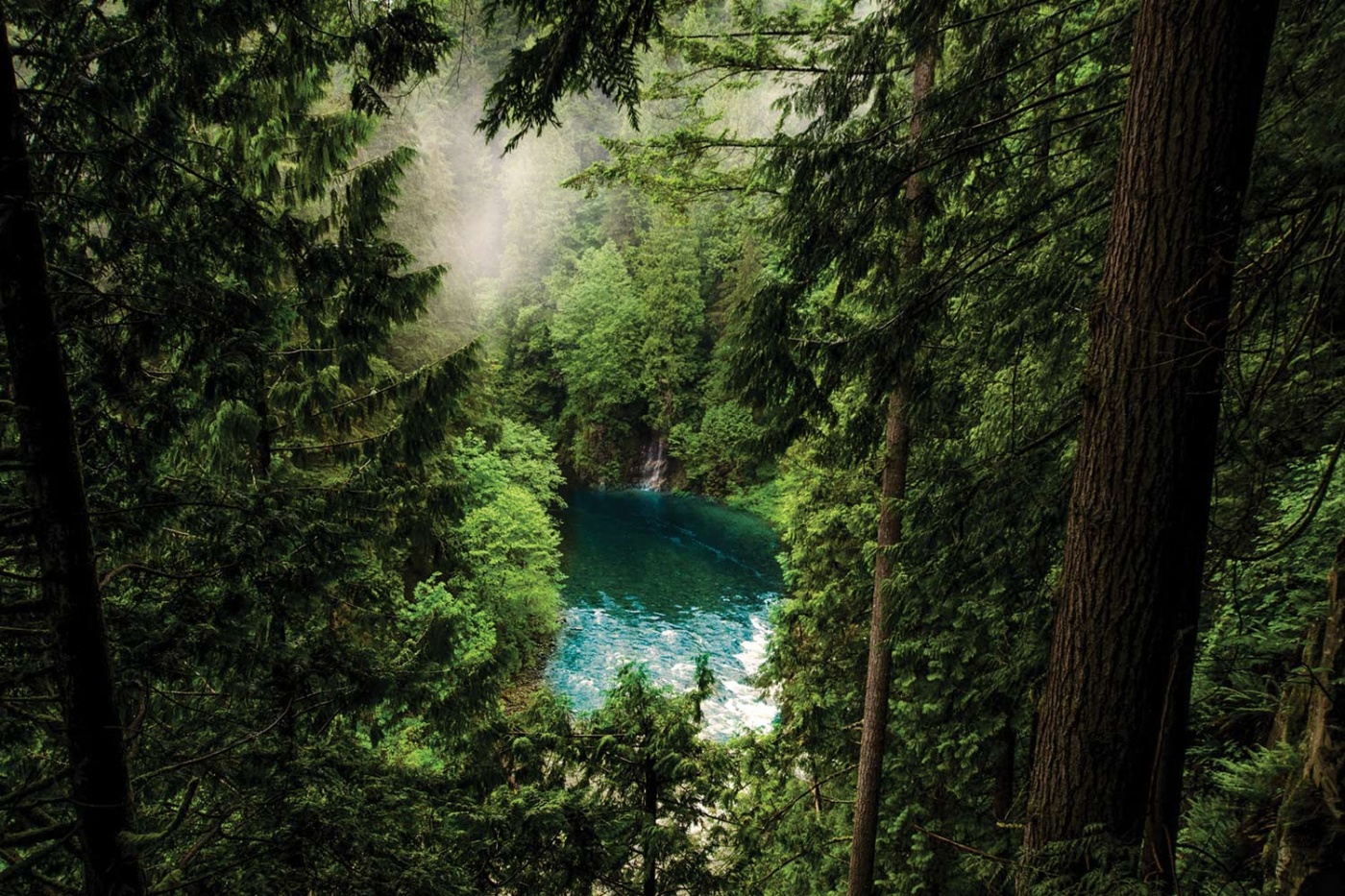The Soul-Healing Power of Spending Time in Nature
Sometimes, I feel like Superman. If you’ve seen 2006’s Superman Returns, you may recall a scene where, after a near-death experience, the Kryptonian hero flies towards the sun to regain his strength. That’s how I feel when I’m basking in the warm glow of the evening sun, breathing in the cool air of spring, or just beholding the brilliance of the roadside bougainvillea flowers. Turns out, there’s a reason for that.
Being exposed to sunlight offers a host of health benefits. First off, it can lower your blood pressure, which helps prevent stroke and other heart diseases, according to research by Edinburgh University. It is common knowledge that we get vitamin D from the sun, but what’s significant about vitamin D is that it strengthens not just our bones, but more importantly our immune system. Another study published in 2014 showed that exposure to sunlight helps us sleep better and lose weight—lowering your Body Mass Index if you spend 20 to 30 minutes every morning under the sun. Beyond physical gains, it bolsters your mental health. Sunlight triggers the production of serotonin, a mood-boosting hormone that can combat anxiety and depression, based on research published in Innovations in Clinical Neuroscience.
What about nature? There is a difference between walking to the hawker centre in daylight, and actually spending time among the flora and fauna. Sure, in both scenarios, you absorb the sun’s rays, but surrounding yourself with trees, blooms and natural bodies of water draws out a different kind of energy. It’s like how chatting with a close friend, or hugging your loved ones can revitalise you. There’s life in these organisms. As a living human being, you too are part of nature. You can draw strength and healing from other forms of life. Try hugging a building, and the only healing you’ll receive is that of laughter.
There’s another reason why we can connect, emotionally and spiritually, to the greenery around us. George David Haskell, the author of The Songs of Trees, writes that trees talk to each other. It’s the thesis of ecologist Suzanna Simard’s 2016 Ted Talk as well. More than that, we can learn to listen to them. The Waorani, an Amazonian tribe in Ecuador, are so connected to their environment that they believe a tree cries when it is cut, and harming any one of them may bring repercussions to humankind.
It’s hard to explain and might sound a little cryptic, like believing in voodoo or horoscopes, but there’s science-backed data to support this. Here’s one of them: The University of Rochester authored a research paper that proved walking in nature feels better and enlivens us more than taking a walk indoors. So while the healing powers of nature can be linked to physical exercise—that is, we’re more likely to be active outdoors—it’s not entirely about how much we sweat. Nature itself plays a big part in our recuperation.
From a broader perspective, nature reminds you of how you’re just a speck in the universe, just as how your seemingly mountainous personal problems aren’t really that overwhelming. Take one look at the glistening, endless expanse of the ocean, and your worries will dissolve—at least from your mind. It could be the distracting beauty of the natural world that puts your heart at ease and offers an outlet to escape (figuratively and literally) from the heartaches of life. It could be the clean air and oxygen that plants produce, refreshing your mind, body and soul. You can’t deny the peace and tranquillity that nature provides.
It helps that when you’re hiking up a hill, you’re cut off from society. It’s almost like taking a mini vacation. The liberation of solitude gives you time and space to reflect and achieve a greater sense of self-clarity. Go off the grid and take a break from the pressures, expectations, responsibilities and negative influences of humanity. When you feel like everyone wants a piece of you and you’re stretching yourself too thin, spending time in nature allows you to slow down and smell the roses. Only then will you gain a larger perspective of life, remember what’s most important to you, and even rediscover who you are and what you want.
A flower is a vulnerable thing that can be trampled on, or wilt when there isn’t enough water. Even under harsh sunlight and rain, the flower goes through adversities. Yet, it blossoms. We tend to get caught up with the nitty-gritty, worrying about tomorrow and fretting over the hardships of today. With nature, we can learn the value of pressing on through challenges and letting the things that are out of our control be. Everything will ultimately be okay. At the same time, the chaos in nature reminds us that nothing—not even Superman—is perfect, and that’s okay too.


